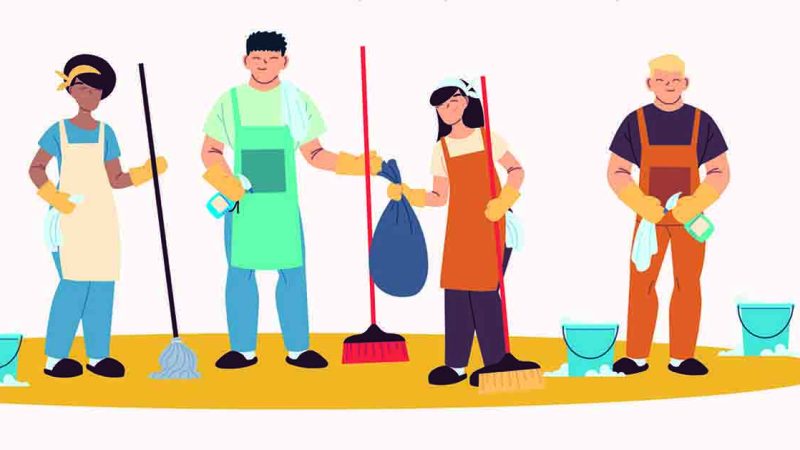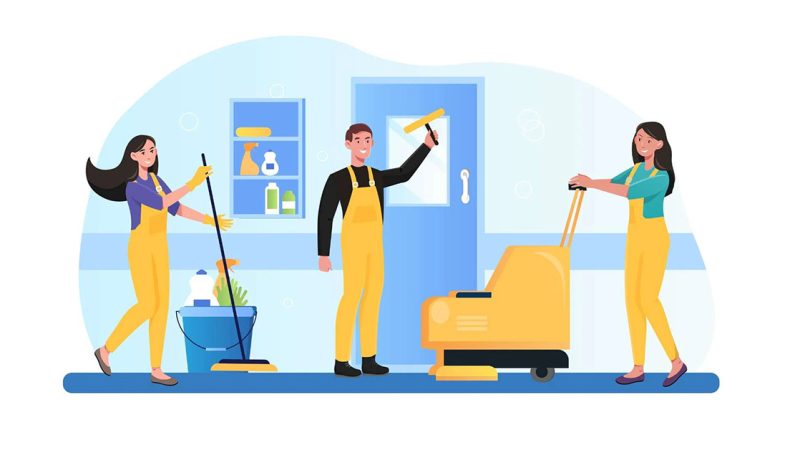What to Do When Home Systems Fail: How Professional Repair Services Can Help
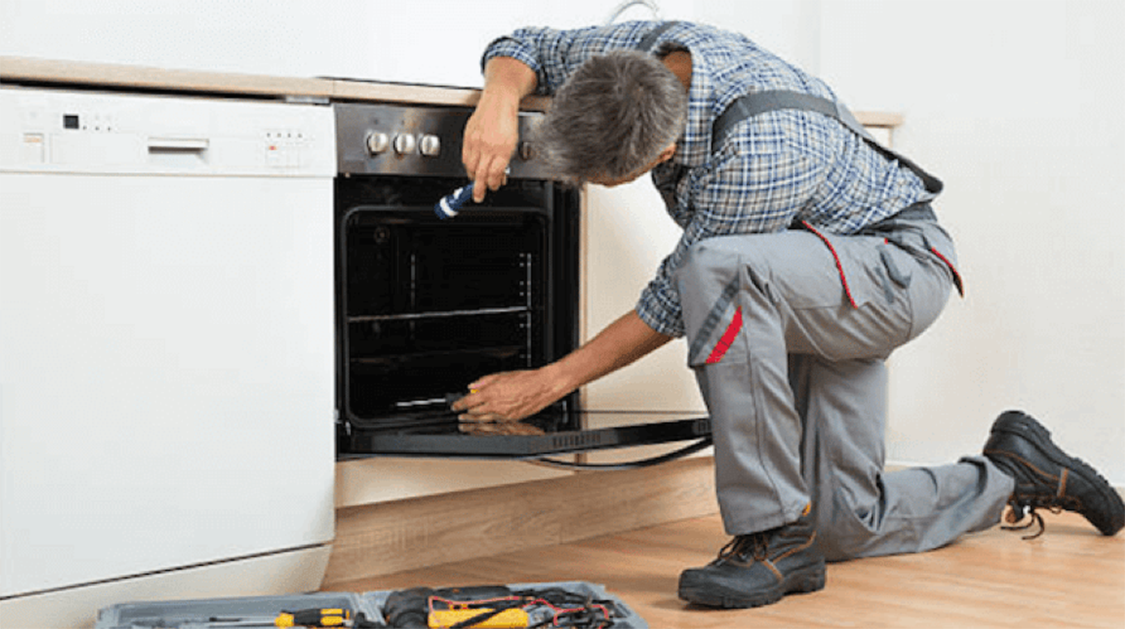
Every homeowner knows the feeling: you wake up one morning, and something in your home isn’t working as it should. Maybe the heating system isn’t turning on, the water pressure is unusually low, or the fridge has decided to stop cooling just when you need it most. Home systems are intricate, and when they fail unexpectedly, the result can range from mild inconvenience to full-blown household disruption. But before panic sets in, it’s worth understanding how professional repair services can save the day—and your sanity.
Understanding Home System Failures
Home systems encompass a wide range of installations: heating, ventilation, and air conditioning (HVAC), plumbing, electrical circuits, water heaters, and even smart home devices. These systems are complex, often relying on multiple interdependent components. When one part fails, the effects can ripple through your household.
Some common types of home system failures include:
- HVAC breakdowns: A malfunctioning air conditioner or furnace can make your home uncomfortable and may even pose health risks if temperatures are extreme.
- Plumbing issues: Leaks, clogs, or a sudden loss of water pressure can disrupt daily routines and cause water damage if not addressed promptly.
- Electrical failures: Flickering lights, tripped breakers, or complete power outages indicate underlying electrical problems that require immediate attention.
- Appliance breakdowns: From refrigerators to washing machines, appliance failure can impact daily living and often demands quick repair or replacement.
- Smart home system glitches: When connected devices malfunction, it can affect everything from security systems to thermostats, creating a chain reaction of minor inconveniences—or bigger issues.
Understanding the nature of the problem is the first step. Some issues are minor and can be temporarily managed, while others need professional intervention to prevent further damage or safety risks.
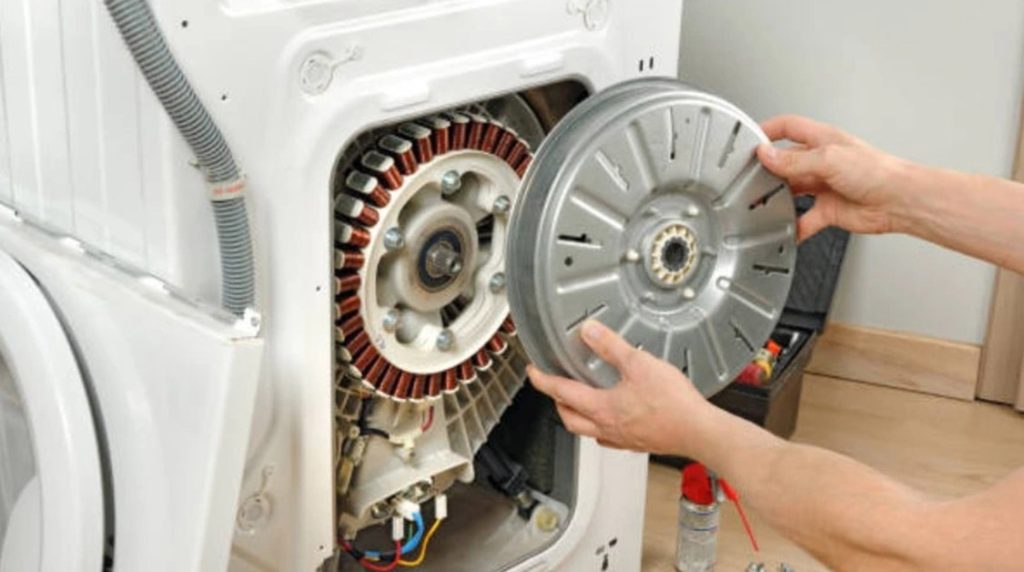
Why DIY Fixes Can Be Risky
Many homeowners are tempted to fix problems themselves, relying on YouTube tutorials or a bit of trial and error. While DIY solutions can work for minor issues, attempting repairs on complex systems carries risks:
- Safety Hazards: Electrical and gas systems can be extremely dangerous if mishandled. A small mistake could result in electrocution, fire, or gas leaks.
- Worsening the Problem: Without proper knowledge, DIY fixes can sometimes exacerbate the issue, leading to more expensive repairs later.
- Warranty Concerns: Attempting repairs yourself may void warranties on appliances or home systems, leaving you unprotected if something goes wrong.
This is why professional repair services are often the safest and most efficient option, especially for critical systems like HVAC, plumbing, and electrical circuits.
How Professional Repair Services Can Help
Professional repair services bring a combination of expertise, tools, and experience that ensures problems are diagnosed accurately and solved efficiently. Here’s how they can help:
1. Expert Diagnosis
Trained technicians have the knowledge to quickly identify the root cause of the problem. For example, a furnace that isn’t heating properly might have a simple filter issue—or it could be a more complex problem with the blower motor or gas valve. Professionals can distinguish between minor and major issues, saving you time and money.
2. Access to Specialized Tools
Home systems often require specialized tools and equipment that aren’t readily available to most homeowners. Professional repair services are equipped with everything needed to safely and effectively handle repairs. For example, HVAC technicians use diagnostic tools to check airflow, pressure, and electrical connections, ensuring repairs are precise.
3. Efficient Repairs
With experience comes speed. Professionals can usually complete repairs much faster than a DIY attempt, reducing downtime and inconvenience. They also know how to perform the repair correctly the first time, minimizing the likelihood of recurring problems.
4. Preventive Advice
A reputable service doesn’t just fix the problem—they provide guidance to prevent future failures. This might include tips on routine maintenance, replacing worn-out components before they fail, or optimizing system performance. Preventive measures can save homeowners significant costs over time.
5. Safety Assurance
Professionals are trained to follow safety protocols, ensuring that repairs don’t create new hazards. Whether it’s shutting off electricity before servicing a panel or checking for gas leaks, safety is always a priority.
Choosing the Right Repair Service
Not all repair services are created equal. Here are key factors to consider when choosing a professional repair service:
- Certification and Experience: Look for licensed and certified technicians with experience in your specific system type.
- Reputation: Read reviews, ask for references, and seek recommendations from friends or neighbors.
- Service Guarantees: Reliable companies offer warranties or guarantees on both labor and parts.
- Availability: Some failures, like plumbing leaks or electrical issues, require urgent attention. Choose a service that offers emergency or same-day repair options.
- Transparent Pricing: Ensure you understand the cost structure, including labor, parts, and any potential additional fees.
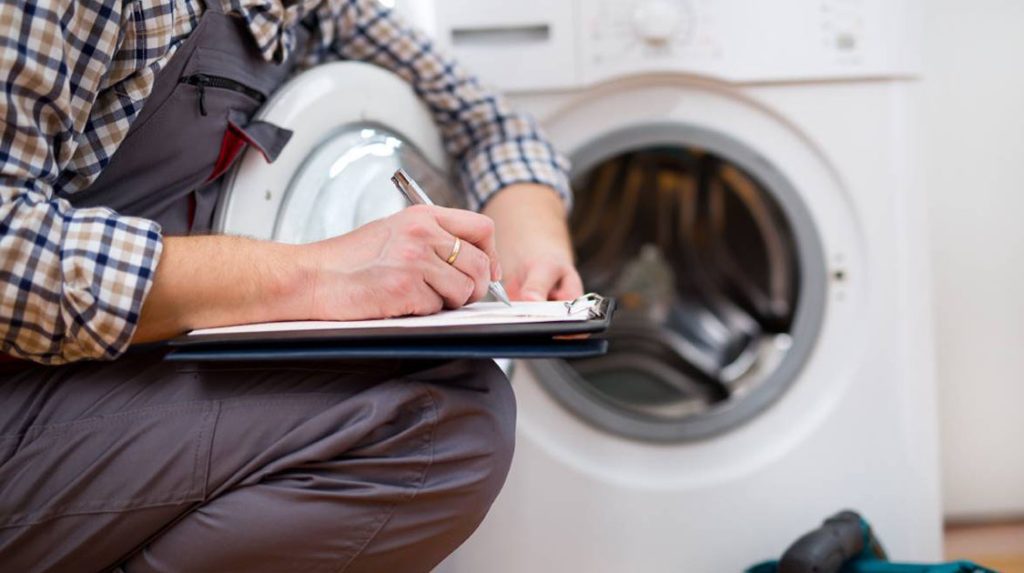
Preventing Future System Failures
While professional repair services are invaluable when problems arise, prevention is always better than cure. Homeowners can take proactive steps to reduce the likelihood of system failures:
- Regular Maintenance: Schedule routine inspections for HVAC, plumbing, and electrical systems. Replace filters, flush water heaters, and check for signs of wear and tear.
- Monitor for Early Signs: Pay attention to unusual noises, smells, or performance issues. Early detection can prevent major breakdowns.
- Upgrade Aging Systems: Older systems are more prone to failure. Consider upgrading or replacing equipment before it becomes unreliable.
- Keep Systems Clean: Dust, debris, and buildup can hinder system performance. Regular cleaning helps systems run efficiently.
- Educate Yourself: Understanding the basics of your home systems allows you to spot problems early and communicate effectively with technicians.
Home system failures are inconvenient, stressful, and sometimes even dangerous. Whether it’s a broken furnace in the middle of winter, a leaking pipe, or a malfunctioning electrical panel, professional repair services provide the expertise, tools, and safety assurance that DIY fixes often can’t match.
By understanding common failures, recognizing when to call a professional, and taking preventive measures, homeowners can minimize disruption, protect their investment, and ensure their home remains safe and comfortable.
So the next time a home system fails unexpectedly, don’t panic. Reach out to a trusted professional repair service—they’re equipped to get your home back to normal quickly, safely, and efficiently. After all, your home is your sanctuary, and keeping it running smoothly is worth every bit of professional support.
